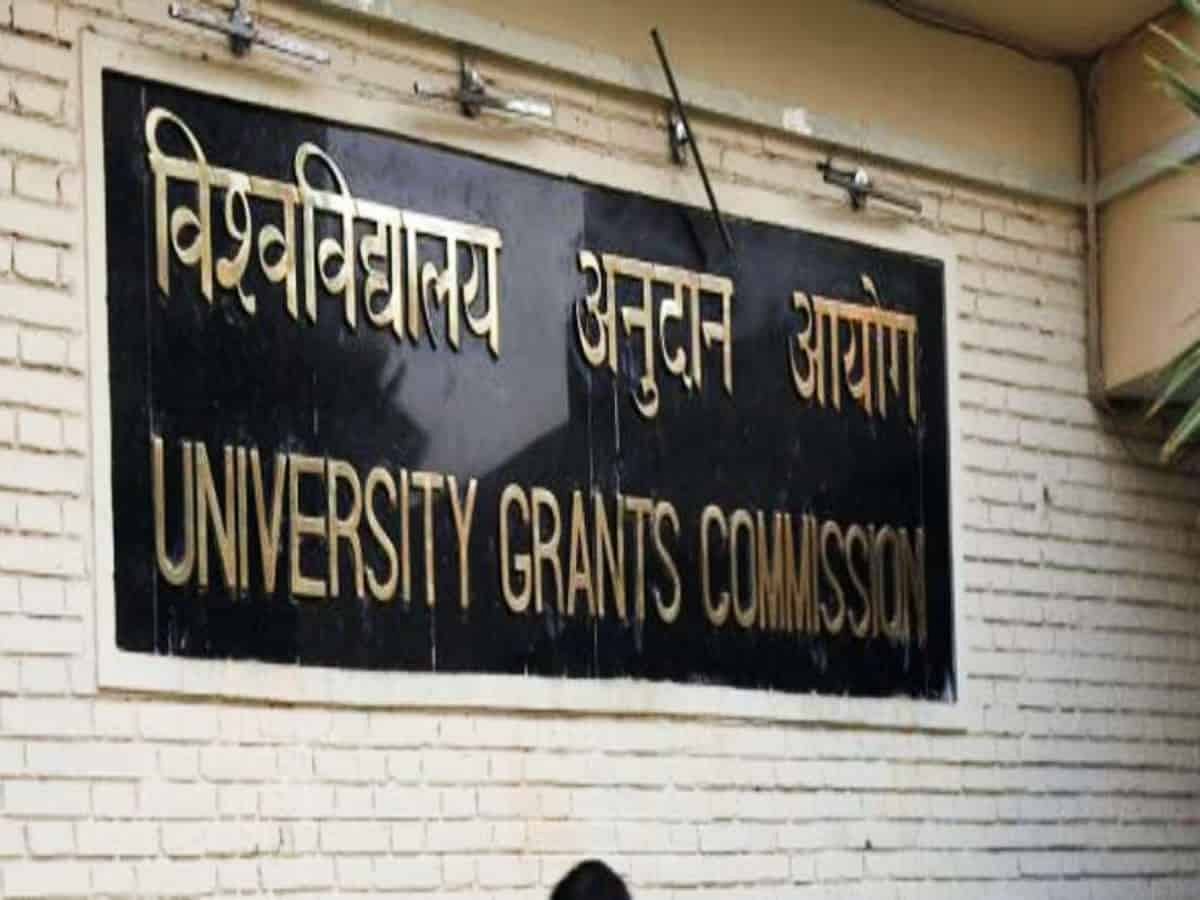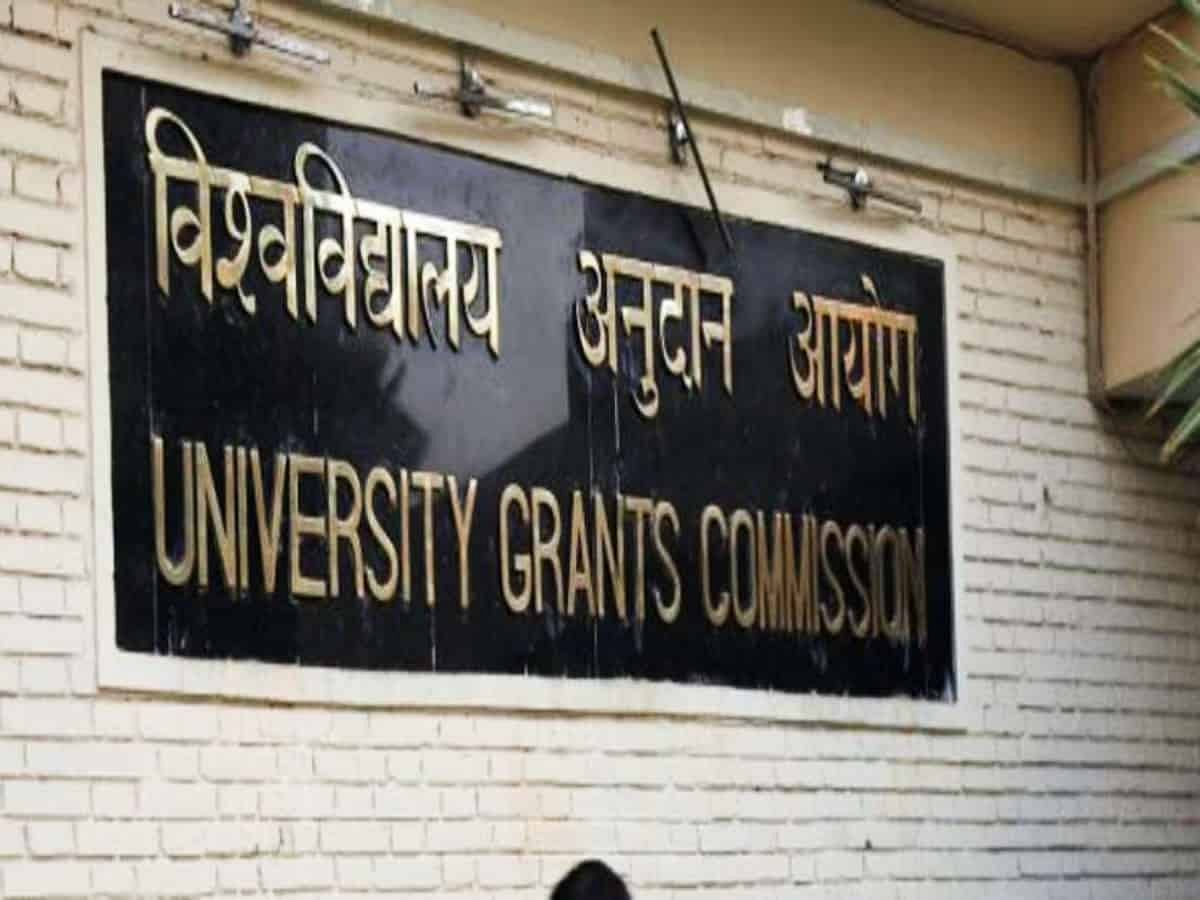
As part of one the world''s largest online education programmes, a large number of British universities have partnered to launch a series of free, online courses from today which can be accessed on mobile as well as desktop computer devices.
The project, called FutureLearn, will help these universities enter the global market in so-called MOOCs massive open online courses.
According to UK universities minister David Willetts,it could “revolutionise conventional models of formal education”.
The launch of FutureLearn here today sees 21 UK universities, as well as Trinity College Dublin and Monash University in Australia, offering courses that are taught and assessed on the internet.
The UK universities include Birmingham, Sheffield, Leeds, Nottingham, Warwick, Bristol, Reading and Southampton.
Institutions such asthe British Library, British Museum and British Council will also make material available to students.
On offer will be 20 short courses, with eight starting this year, and each MOOC course is expected to attract 20,000 students.
In this experimental phase, students taking these courses will carry out multiple choice questions, without any formal qualifications.
Although students will not get a certificate, universities are hoping that many people will be attracted by the chance to follow university-level courses without any travel or cost and at a time that suits them.
“Offering free taster courses online is a no-brainer,” says David Bell, Reading University vice-chancellor.
“Universities shouldn''t be afraid to open up teaching and research, either in the UK or beyond. Learning never stops and as the economy''s demand for higher skills rises, universities should be in the vanguard when it comes to providing new opportunities,” he added.
The US leads in the field of online education and this is the UK''s attempt at challenging that supremacy.
The project, called FutureLearn, will help these universities enter the global market in so-called MOOCs massive open online courses.
According to UK universities minister David Willetts,it could “revolutionise conventional models of formal education”.
The launch of FutureLearn here today sees 21 UK universities, as well as Trinity College Dublin and Monash University in Australia, offering courses that are taught and assessed on the internet.
The UK universities include Birmingham, Sheffield, Leeds, Nottingham, Warwick, Bristol, Reading and Southampton.
Institutions such asthe British Library, British Museum and British Council will also make material available to students.
On offer will be 20 short courses, with eight starting this year, and each MOOC course is expected to attract 20,000 students.
In this experimental phase, students taking these courses will carry out multiple choice questions, without any formal qualifications.
Although students will not get a certificate, universities are hoping that many people will be attracted by the chance to follow university-level courses without any travel or cost and at a time that suits them.
“Offering free taster courses online is a no-brainer,” says David Bell, Reading University vice-chancellor.
“Universities shouldn''t be afraid to open up teaching and research, either in the UK or beyond. Learning never stops and as the economy''s demand for higher skills rises, universities should be in the vanguard when it comes to providing new opportunities,” he added.
The US leads in the field of online education and this is the UK''s attempt at challenging that supremacy.










